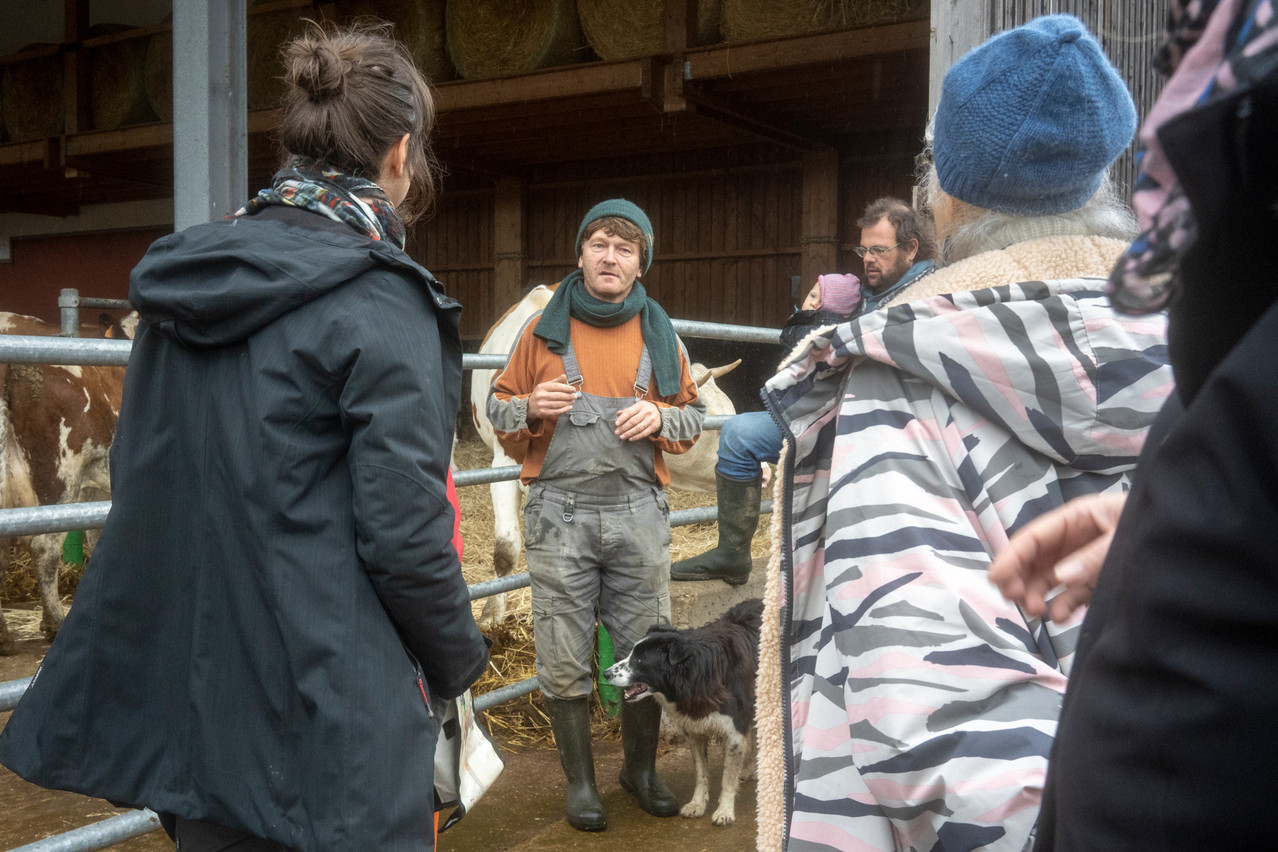With its biodynamic farm of 100 hectares and a variety of animals, the Kass-Haff in Rollingen has been producing dairy and animal products for its on-site shops, as well as hosting a kindergarten class, educational activities, and children’s birthday parties (about 350 groups a year). With their new site built in 2013, the couple who has been running the Kass-Haff for over two decades aimed to bring people closer to farm life, so they can “see the animals up close, smell the scents and just experience the sounds of a farm.”
But as the year comes to a close, Tom and Anja Kass have to face it: “it’s not working as we imagined”--mainly due to the crisis and a waning interest from customers in organic products. Two years prior, their books had been fine.
To attract funds, the farm has set up . Donations that will go towards keeping the business afloat and projects like expanding the educational offer, cultivating vegetables for their shop, or setting up a weekly bread baking workshop.
A crisis for organic farming
On top of the direct shock of the energy crisis, the impact the latter has had on customer behaviour has affected the farm’s business too. “I think something has changed in the consumption behaviour of people,” says Tom Kass. Fewer people come to their on-site shops as they pay more attention to their budget, for instance. “There was--and I think we’ll go back to it someday--a certain appreciation for organic farming and consumption” that is currently missing. People now question the affordability of organic foods again, the farmer says.
Read also
But for Kass, organic is not just affordable--if you adopt a different approach to food and, for example, avoid “excessive meat consumption”--but also better for the long term wellbeing of nature. The biodynamic farming he and his wife practice is “not simply about replacing chemical fertilisers with organic fertilisers. It goes way above that to the building of the ground with preparations, creating healthy compost and treating the animals well”. Respecting the biodiversity of the land they tend is the name of the game.
Recognition and support wanted
What pushed the farm to send out a wider public appeal--their first one, Kass says--is that, though there is some governmental support for organic agriculture, “in general there is not enough recognition for organic farming in Luxembourg”.
The political will to promote organic practices is lacking, says the owner, despite the fact that the governnent is targeting 20% of agricultural lands to be organic by 2025, and 100% by 2050.
With the donations it will attract, the Kass-Haff hopes to contribute to more sustainable agricultural practices by bringing people closer to the products they consume.
Ultimately, “people are responsible for how the world out there looks,” concludes Hass. “It’s a customer’s choice how the world and agriculture turn out. The organic agricultural sector will do well if people support it.”
